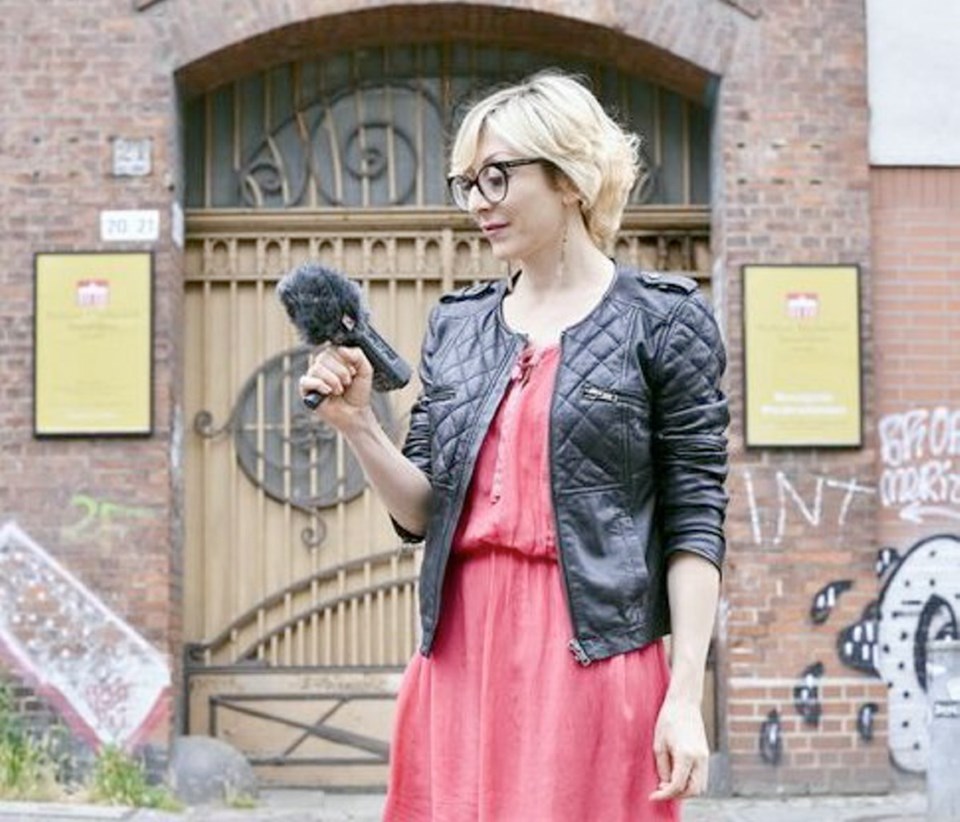I recently went with friends for a meal at a downtown pub. We got a table on the streetside patio, where we found ourselves under two speakers blasting music onto the sidewalk, making conversation nearly impossible.
When we asked the staff to turn down the noise so we could talk to one another, we were told they couldn’t, or only a bit, because management liked a loud vibe on the street.
Far too many businesses seem to have decided they have a right to create noise pollution not only in their stores, bars and restaurants but out on the street. But the street is a public space, so what right do they have to do this? Why, more to the point, does the municipal government permit it? Why is there a deafening silence on noise pollution?
It’s not only out on the street, it’s also inside those stores and restaurants — and in movie theatres, fitness classes and other recreational events where the noise levels are deafening. It’s increasingly hard to find a place where you can have a drink or a meal with family or friends and actually have a conversation with them, or go to a movie.
I have lost count of the number of places I have walked out of because of the noise pollution; in effect, I am being excluded from those places by the noise. Add to that the reversing beepers and the boom box cars and life becomes unhealthily cacophonous.
Those of us who are veterans of the war against tobacco will find a resonance here. There was a time when it was fine to smoke everywhere — at work, in restaurants, bars and movie theatres, even on planes — and we non-smokers were effectively excluded from being there. But the growing evidence of the health effects of second-hand smoke on non-smokers spurred creation of the non-smokers rights movement. Your right to smoke, it was argued, stops at my nose.
Well, maybe it is time to recognize that your right to make noise stops at my ear. In fact, some anti-noise (or more positively, pro-quiet) activists have adopted the concept of second-hand noise. A 2005 article in Environmental Health Perspectives quoted Les Blomberg, then executive director of the Noise Pollution Clearinghouse: “Secondhand noise is really a civil rights issue … like secondhand smoke, it’s put into the environment without people’s consent and then has effects on them that they don’t have any control over.”
So far, we have framed noise largely as a physical hazard that can damage hearing. But noise can also cause stress, annoyance, sleep disturbance and social effects. I argue that any noise that is loud enough to stop two or more people from having a conversation in a place where it is reasonable to do so is harmful and should be banned. Surely we have the right to a quiet community where we can have a quiet meal and a conversation — or sit out on the street, or in the park, or in the garden — without being driven away or indoors by noise.
If these and other problems with noise are of concern, you might want to come to a free public forum I have organized on Creating Quieter Communities on from 7 to 9 p.m. on Wednesday, Nov. 7, in the main lecture theatre in the Human and Social Development building (HSD A240) at the University of Victoria. The event takes advantage of the presence in town of the Canadian and American Acoustical Societies for a conference. One of the attendees — and our leading speaker — is Prof. Antonella Radicchi from Germany.
Radicchi’s expertise encompasses urban design and planning for health and well-being, soundscape research, quiet areas and citizen-science mobile tools such as the Hush City app. She is editing a special section of the journal Cities and Health on Sound and the Healthy City.
The Hush City app displays the worldwide map of the quiet areas crowdsourced by the app’s users; expect to see that app and other useful tools demonstrated at this event. Her ultimate goal is to make our cities quieter and healthier places to live, something we all need and, indeed, should have a right to.
Dr. Trevor Hancock is a retired professor and senior scholar at the University of Victoria’s School of Public Health and Social Policy.



